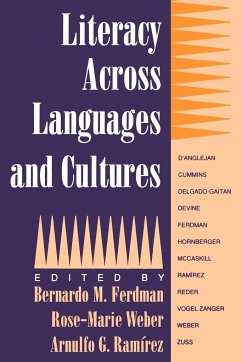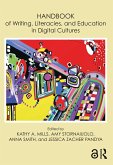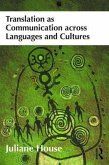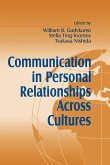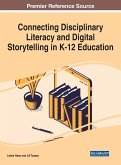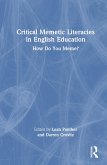This book examines the linkage between literacy and linguistic diversity, embedding them in their social and cultural contexts. It illustrates that a more complete understanding of literacy among diverse populations and in multicultural societies requires attention to issues of literacy per se as well as to improving an educational process that has relevance beyond members of majority cultures and linguistic groups. The focus of the book is on the social and cultural contexts in which literacy develops and is enacted, with an emphasis on the North American situation. Educators and researchers are discovering that cognitive approaches, while very valuable, are insufficient by themselves to answer important questions about literacy in heterogeneous societies. By considering the implications of family, school, culture, society, and nation for literary processes, the book answers the following questions. In a multi-ethnic context, what does it mean to be literate? What are the processes involved in becoming and being literate in a second language? In what ways is literacy in a second language similar and in what ways is it different from mother-tongue literacy? What factors must be understood to better describe and facilitate literacy acquisition among members of ethnic and linguistic minorities? What are some current approaches that are being used to accomplish this? These are vital questions for researchers and educators in a world that has a large number of immigrants, a variety of multi-ethnic and multi-lingual societies, and an increasing degree of multinational activity. Beyond addressing applied concerns, attending to these questions can provide new insights into basic aspects of literacy.
Bitte wählen Sie Ihr Anliegen aus.
Rechnungen
Retourenschein anfordern
Bestellstatus
Storno

